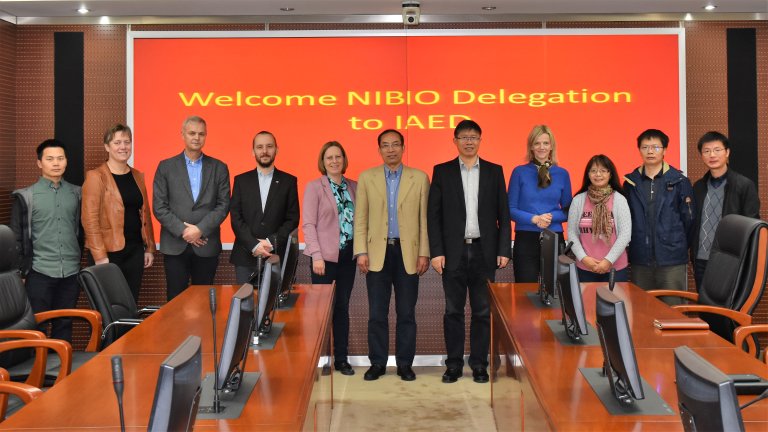NIBIO and China collaborating on climate smart food production
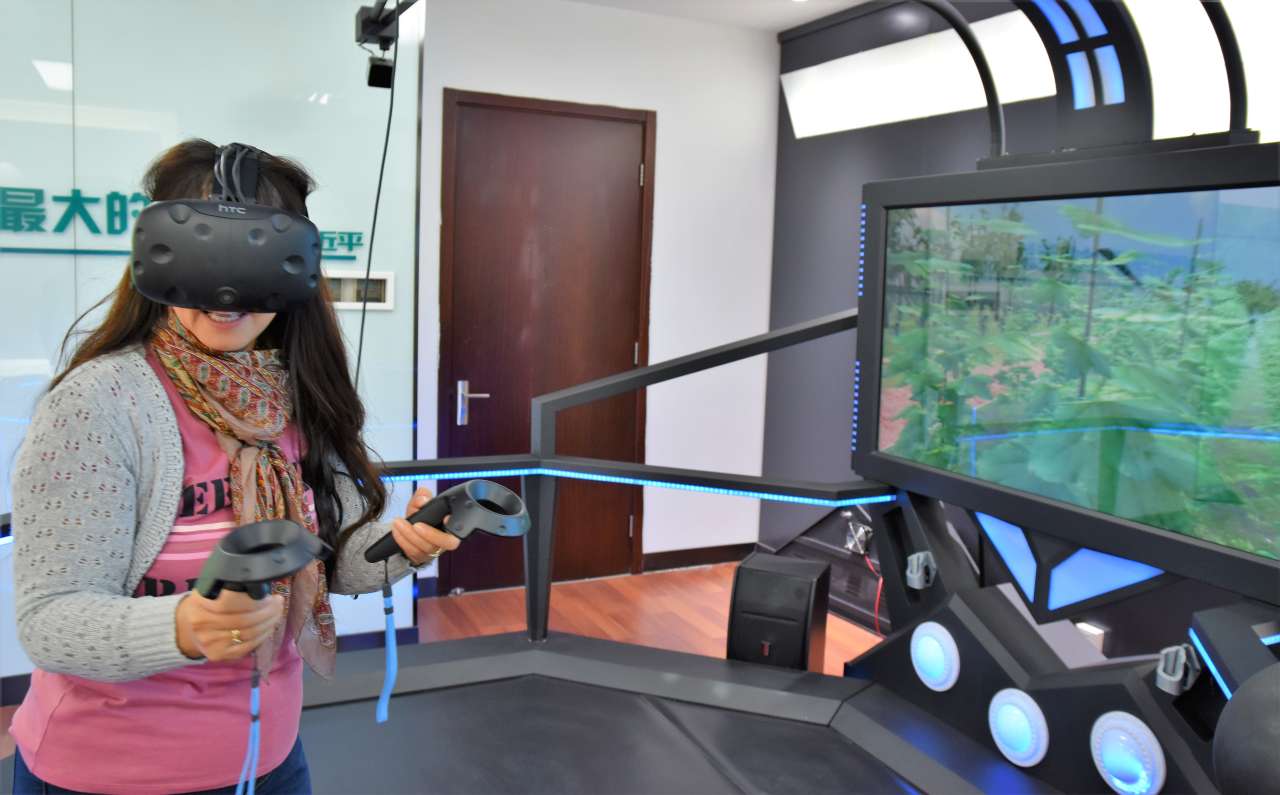
A key to meeting the growing food demands in the world will be a global shift towards more sustainable agricultural systems that reduce environmental footprints at the same time as increasing food production. The role modern technology can play in this significant. Photo: Siri Elise Dybdal.
Norwegian technology and methods for precision-fertilization are to be implemented in China as part of a new collaborative research project on efficient climate smart food production.
Globally demand for food is growing while arable land is declining. The UN predicts global food demand will increase by 60% by 2050. However, only 20% of new food production is expected to come from expansion of new farming land.
A key to meeting the growing food demands will be a global shift towards more sustainable agricultural systems that reduce environmental footprints at the same time as increasing food production.
Precision farming and reduction of fertilizer and pesticide applications are two technologies that have proven to have great environmental and economic benefits in agricultural production in Norway.
Now, scientists from NIBIO, the Chinese Academy for Agricultural Sciences (CAAS) and other Chinese partners will work together in a four-year project (Sinograin II) funded by the Norwegian Ministry of Foreign Affairs through the Royal Norwegian Embassy in Beijing, using such innovative technologies in an effort to improve productivity, food safety and sustainability in Chinese agriculture.
The project is a step forward from the work done in the project Sinograin I, and one of the several ongoing collaborative projects between NIBIO and CAAS in China focusing on climate smart and sustainable food production.
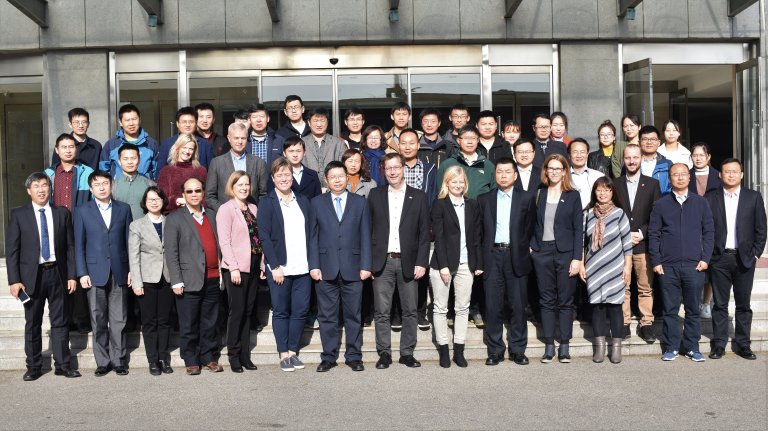
Need to cut use of pesticides and fertilizers
China has increased food production extensively in recent decades, feeding 20% of the world population with less than 10% of the arable land. However, this achievement has mainly been due to the intensive use of chemical inputs like fertilizers and pesticides, which in turn has caused environmental pollution and food safety issues.
Today, China is fully committed to turning the situation around to protect the environment and develop a sustainable and climate smart agricultural production. As a result, the Chinese authorities have implemented a “Zero-Growth” policy aiming at arresting further increase in nitrogen fertiliser application in China by 2020.
But solving these problems requires various efforts to reduce the environmental impacts from food production and to assure food safety at the food production stage.
.JPG)
New solutions
- International cooperation is the key to tackle climate and environmental problems caused by among other things high-yield driven food production, says Jihong Liu Clarke, Research Professor and China-coordinator at NIBIO, who is leading the Sinograin II project.
In November, scientists from NIBIO and the Chinese partners met for the first time for the kick off meeting for the Sinograin II project in Beijing, to discuss the strategy for the next four years.
Marte Birgitte Lia Torskenæs, Development Counsellor and Anne Kari Johansen, Science and Education councillor at the Royal Norwegian Embassy in Beijing, which is the main funder of the project, addressed the delegates at the kick-off meeting. Torskenæs underlined the importance of a focus on use of resources as part of the strategy to meet the UN sustainable development goals for 2030.
- The role modern technology can play in this process is very significant, she said.
- Sinograin II seeks to contribute in this context through the introduction of precision agricultural tools.
Johansen pointed out the importance of knowledge sharing by in demand expertise, and said that results in Sinograin I have laid a solid foundation for the work that is now starting up.
- Sinograin will continue to increase the effort to implement environmentally friendly agricultural technologies in China to protect the environment and human health.
- It is no small task you are undertaking, but it is crucial for our common future, Torskenæs said.
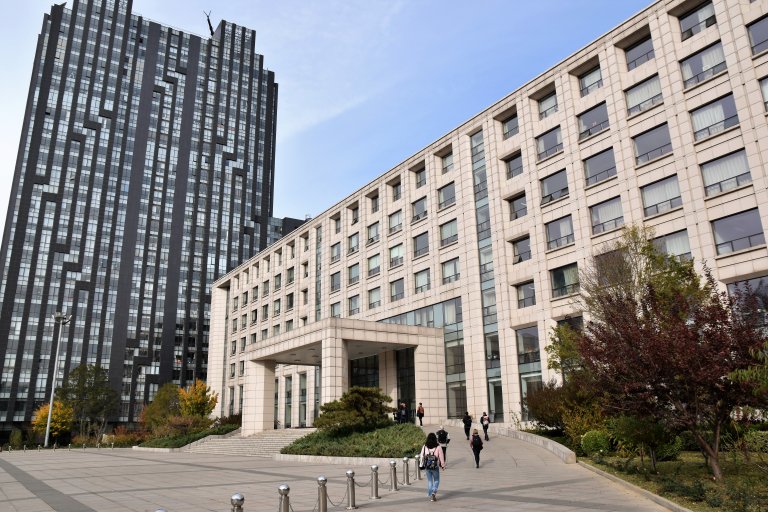
Not well understood
Precision farming and reduction of fertilizer and pesticide applications adapted with modification to meet the demands of agricultural productivity in China could help solve the existing problems.
However, all the novel technologies must be tested and validated during the Sinograin II project period in selected locations (showcases) in China, says Liu Clarke.
The close collaboration between Chinese scientists and institutions and NIBIO in Norway will seek solutions to these challenges.
.JPG)
Five focus areas
- The project will have five focus areas, Liu Clarke explains.
The Norwegian and Chinese scientists will use precision nitrogen management technologies for different scales of farming systems in China, as well as automatic pest prediction to improve pesticide usage efficiency in selected regions and crops in China.
Moreover, focus areas include looking at the influence of innovative farming technologies on food safety and environment in China, as well as management of nutrient inputs for sustainable food production and soil health in selected Chinese regions.
In addition, a focus area will be to examine the agro-tech extension and household adoption of precision agricultural technology and its economic, social and environmental effects.
- Precision agriculture has huge potential to further improve crop management to support China’s food security, safety and sustainable development, Liu Clarke says.
- For example, reliable pest prediction models may help the farmer decide when and how much to spray against pests and diseases, and increase the efficiency of pesticide application. This may in turn lead to an improved economy and health for the farmer, better health for the consumers and less strain on the environment, she points out.
- We are all dependent on a global sustainable development. Without food security, such a development will not be possible. The whole world, including Norway, is dependent on China's ability to provide food safety and sustainable development, she highlighted
Contacts
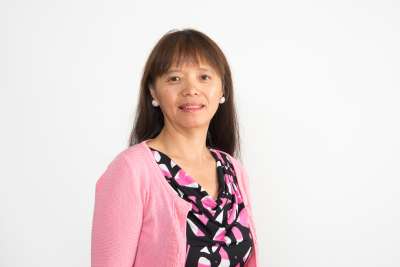
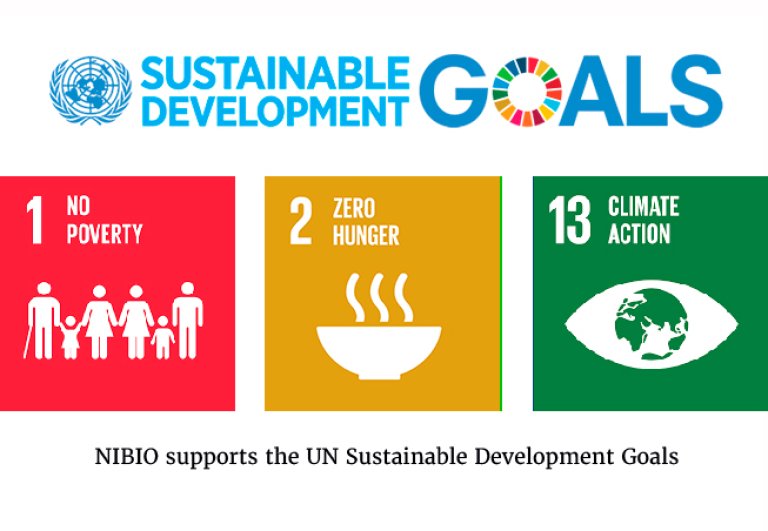
Sinograin II
The project period is from October 1st 2018 to September 30th 2022. The Ministry of Foreign Affairs contributes 18.8 million of a total budget of 20.2 million NOK.
In addition to Sinograin II, NIBIO and the Chinese partners, especially CAAS, have received four other grants from EU-China H2020, RCN (Research Council of Norway) - NSFC (National Natural Science Foundation of China) joint calls and The Ministry of Agriculture and Food in Norway, with a total funding of approximately 68-70 million NOK for a period of 3-4 years (2018-2022).
Around 40 NIBIO staff is working on those projects.
Collaborators:
- NIBIO
- Chinese Academy of Agricultural Sciences (CAAS)
- China Agriculture University (CAU)
- Heilongjiang Academy of Agricultural Sciences (HAAS)
- Harbin University (HAU)
- China National Rice Research Institute (CNRRI)
- Xinjiang Academy of Agricultural Sciences (XAAS)
